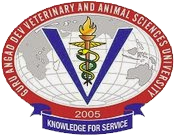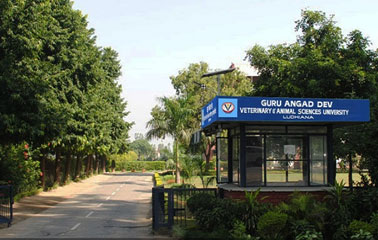

During monsoon period, there is rise of humidity in the environment. It is particularly high inside the animal sheds due to expiratory air, heat and animal wastes. Due to this animals are exposed to various kinds of problems i.e. stress, injury, infectious diseases, parasites etc. Dr. S K Uppal, Professor-cum-Head, Department of Veterinary Medicine, Guru Angad Dev Veterinary & Animal Sciences University, Ludhiana said that hot and humid conditions may cause increased prevalence of certain infectious diseases particularly Hemorrhagic septicemia (H.S.) and Black quarter (B.Q.). During rainy season tick infestation is also increased leading to haemoprotozoan infections particularly anaplasmosis, theileriosis, babesiosis and trypanosomiasis. To prevent and control disease outbreaks, diseased animals should be treated immediately and appropriate measures should be taken to check tick population.
Dr. Uppal said that these diseases can be prevented through vaccination particularly before onset of rainy season. Cattle and buffaloes should be vaccinated for H.S. and B.Q. before arrival of monsoon, while sheep and goats should be vaccinated against PPR and H.S.
Sanitation and hygiene are critical during rainy period, so eliminate standing water and tick habitats. Animals can be made free from by use of acaricidal drugs at regular intervals and through use of insecticides inside the sheds. Disinfect the feed and water containers with 10% bleach solution.
Dr. C.S. Randhawa, Professor, Veterinary Medicine advised dairy farmers to store concentrate feed in moisture proof stores to avoid contamination especially with aflatoxins. Improved ventilation can be met through exhaust, draft fans or other outlet ventilators. Protection from hot winds and rain will give animals more strength to resist the disease. Proper disposal of waste is particularly important to prevent accumulation of garbage, mud and sewage which are common breeding ground of flies, ticks and other insect vectors. Covering of open manure pits, arrangements to avoid seepage of rain water into manure pits or sheds should be a priority. Ensure that floors are rough enough to avoid slipping of animals. Added attention during rainy season will enhance the profits instead of draining the farmers’ pocket.
